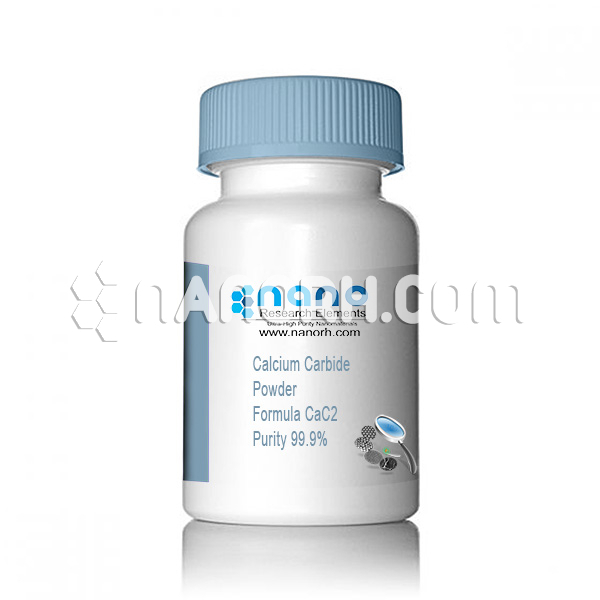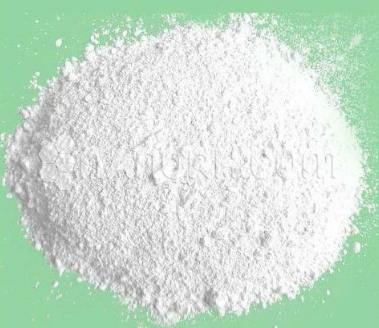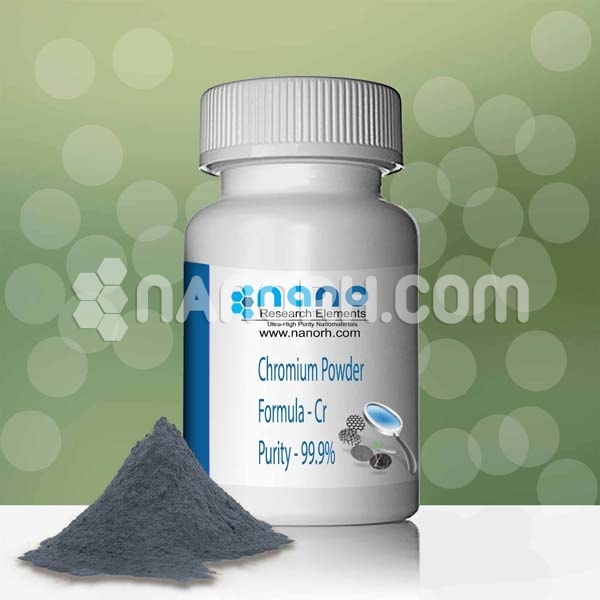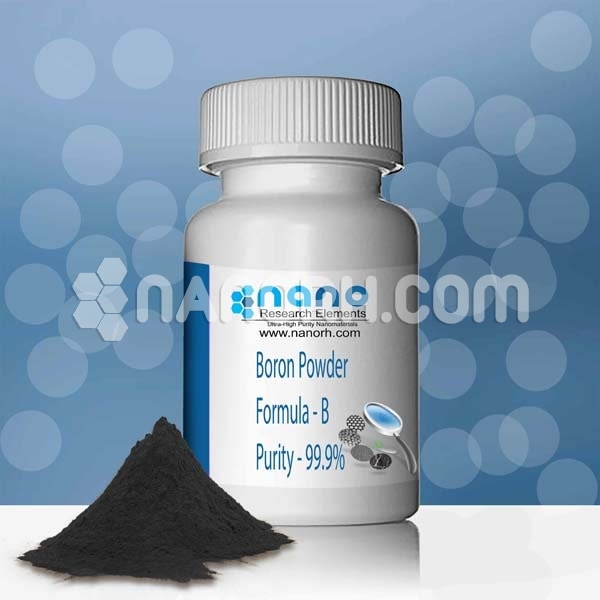| Calcium Carbide Powder | |
| Product No | NRE-11046 |
| CAS | 75-20-7 |
| Purity | 99.9% |
| Formula | CaC2 |
| APS | <40 µm (can be customized) |
| Color | White |
| Molecular Weight | 64.1 g/mol |
| Density | 2.22 g/cm3 |
| Melting Point | 2160 °C |
| Boiling Point | 2300 °C |
Calcium Carbide Powder
Calcium carbide is a chemical compound with the formula CaC2. It is a greyish-white solid, which reacts vigorously with water to produce acetylene gas. Historically, calcium carbide was an important source of acetylene, and it is still used as a raw material for the production of acetylene.
Here are some of the applications of calcium carbide powder:
Production of Acetylene Gas: This is the most significant use of calcium carbide. When it reacts with water, it produces acetylene gas, which is an important precursor to various organic compounds, including the production of plastics, and is also used as a fuel.
Desulfurization of Iron: Calcium carbide is used in the desulfurization of iron. It reacts with sulfur in the molten iron, forming calcium sulfide, which can be removed.
Manufacture of Calcium Cyanamide: Calcium cyanamide is a valuable nitrogenous fertilizer and a key component in the synthesis of various organic compounds. It is produced by the reaction of calcium carbide with nitrogen at high temperatures.
Ripening Agent for Fruits: In some parts of the world, calcium carbide is used as an artificial ripening agent for fruits. However, this practice has raised concerns due to potential health risks associated with the presence of trace amounts of harmful chemicals in the acetylene produced.
Production of PVC: Calcium carbide is used in the production of polyvinyl chloride (PVC) and other organic compounds.
Production of Synthetic Rubber: It is used as a raw material in the production of synthetic rubber.
Production of Acetylene Black: Acetylene black, a form of elemental carbon used as a reinforcing agent in automobile tires and other rubber products, is produced from the thermal decomposition of acetylene, which is generated from the reaction of calcium carbide with water.
Welding and Cutting Applications: Acetylene produced from the reaction of calcium carbide with water is commonly used in welding and cutting applications.




